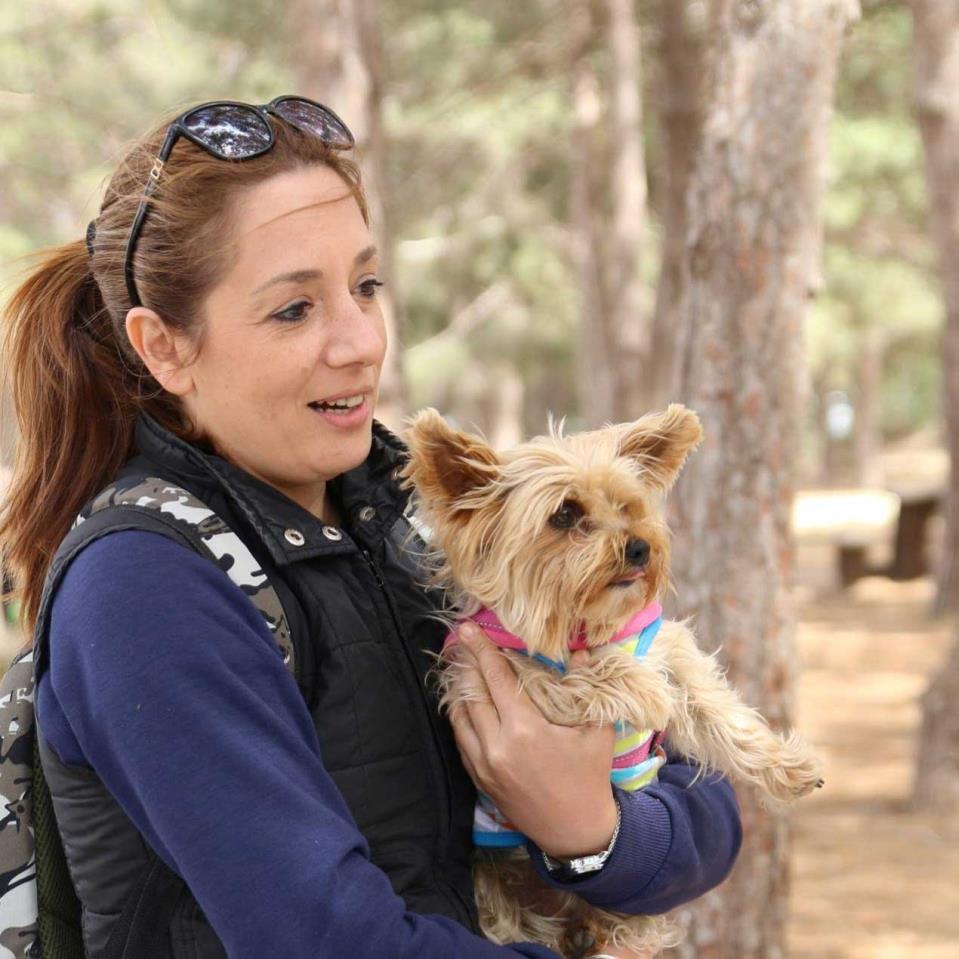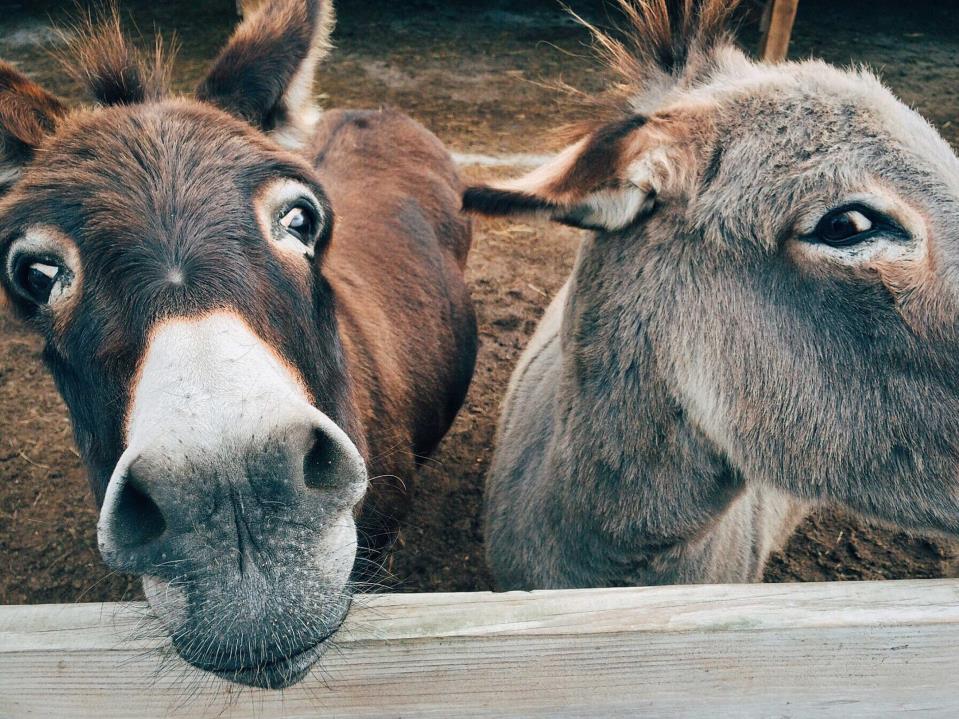"Since I was never a big fan of (human) hugs and kisses, and always preferred the company of the four-legged, when COVID-19 restricted us to our homes, I was almost thankful for the break and was happy to get away from the usual ways of our world.
At first, I was more than content to work away in isolation. So long as I had an internet connection, my two furry kids by my side, and a couple of dog walks a day, the situation never quite got the better of me.
For weeks I even felt happier and calmer than usual. When numbers started to soar, I had to take the difficult decision not to visit my parents and brother to keep them safe, but till then I still kept my wits in check.
It was only when the lockdown restrictions started affecting animals all over the island, that I slowly but surely started to lose my cool.

In March 2020 I was still working in digital marketing and volunteering as an animal activist. I had not been appointed Commissioner for Animal Welfare as yet. But because I ran a blog about animal welfare (www.iwillnotgoaway.com) many people turned to me for advice and help. But the pandemic situation was new to everyone, and I had very little wisdom to offer.
After a few weeks in lockdown, it was clear that the support systems that used to be in place to safeguard vulnerable animals were not coping, some falling apart. Animal sanctuaries, animal farms, pet parks and even privately owned pets started to feel the brunt of the situation.

Suddenly, animal sanctuaries had no volunteers to keep up with their daily operations like feeding and cleaning; voluntary donations that usually kept these places going started to dry up; farmers who were stuck in quarantine had no one to feed their animals; people who lost their jobs due to the pandemic started abandoning their pets onto the streets; some misinformed pet owners even started to seclude their pets in garages, yards and roofs because they thought that they could contract the virus from their domestic pets. We even had cat feeders being locked out of public gardens with no access to the cats that depended on them for food, water and medical care.
Whilst all this was going on, we were also seeing a sudden rise in dog and cat adoptions but we knew that this was likely to be what we call a fake surge and that after lockdown, when people got back to their normal routines, we would see another flood of abandonment.
So sadly, in a matter of weeks, I went from being the coolest, most content person in Malta, happily waiting it out, to being "that person"... climbing walls, tearing my hair out and stressing with every phone call, and every news update. What started as a welcome break from the hustle and bustle of life, soon turned into a time of desperation and helplessness.
The biggest issues were not the actual problems and challenges that the pandemic brought with it, but the mere urgency of every case. As volunteers we learn how to be resourceful and to make do with very little, so there was no doubt in our head that we would eventually find a way to address every situation, but when you have live, sentient, beings depending on you, you simply don't have the luxury of time or even to think, let alone the luxury to plan, process and implement.
When you get a call from a desperate farmer who has no way of feeding his livestock because he's stuck in quarantine for two weeks, you have to figure out a solution there and then. When you have people begging you to find them a home-vet because they are stuck in quarantine and their pet just had a heart attack, you don't have the luxury of waiting a few hours to figure out a solution. When sanctuaries run out of food and money, you don't have the time to organise a fundraising activity to address the situation, and when elderly cat feeders are locked down and cannot leave the house to feed their cat colonies, the situation feels desperate, because it truly is.
In the marketing world - the world I belonged to before being appointed Commissioner for Animal Welfare -
I lived by the mantra that without urgency, deals rarely get closed.
Whilst this is very true, extreme and prolonged urgency also brings with it a sense of desperation and vulnerability that can crush the strongest of people.
Thanks to a small group of like-minded volunteers who put their minds together and dedicated a lot of time to animal issues, we handled many situations in record time. Eventually, after the firefighting calmed down a little, we worked with the authorities to design guidelines and procedures to avoid as much animal-suffering as possible. We also fundraised thousands and thousands of Euros to help animals whose owners or feeders were struggling to keep up with the bills.
Lockdown made our air cleaner, our waters clearer and our determined minds stronger. Although a global pandemic is always a horrid reality, some of the lessons learned thanks to COVID-19, are priceless. I for one learned that we're stronger than we think, more resourceful than we ever were and that when animal-lovers come together and stick together, they can move mountains and make a real difference."